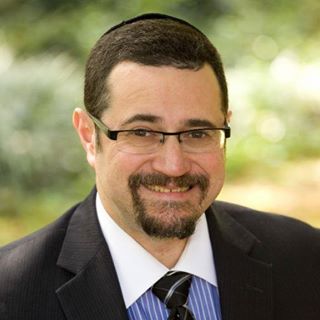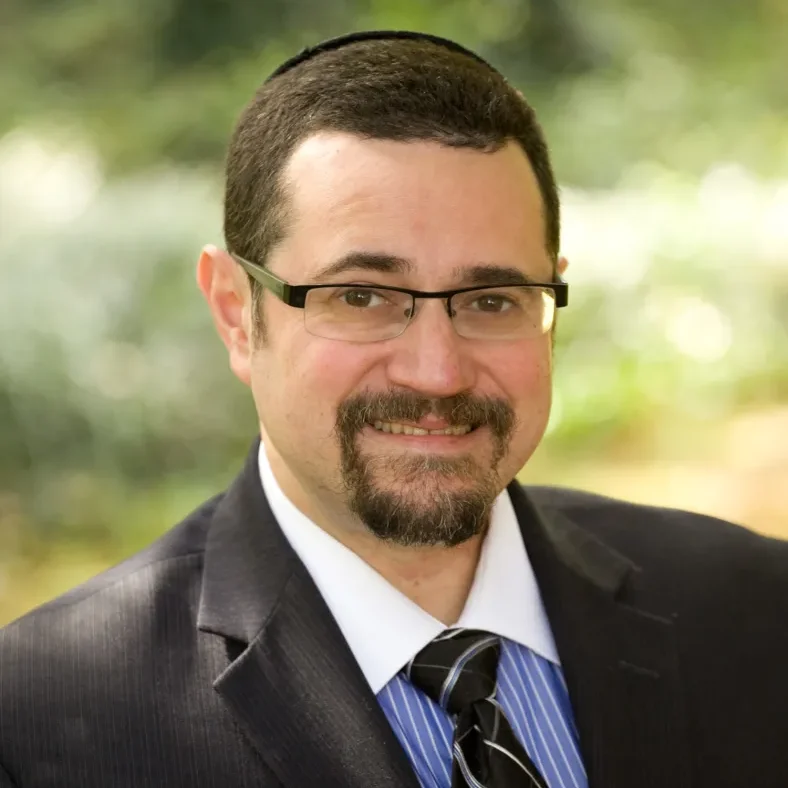
At the seder, we say, “In every generation, every Jew must see themselves as if they had come out of Egypt.” This year in particular, as we prepare for the timeless rituals of the seder, we face a difficult world, but our experiences and emotions are very much in tune with those of the generations that come before.
As we drink and celebrate freedom at our seder tables, there will, we fear, be dozens still enslaved in Gaza. As we remember the ancient plague of destructive hail that rained down ice and fire from above with devastating force, and yet sparing the Israelites, we relate to the feelings of our cousins in Israel who had the miraculous experience of having death rain from above and somehow escaping harm, but still wondered what plague might come next. As we spill the wine from our kiddush cups, we may contemplate the suffering that others may undergo in order for our people to be safe and free. While we sing “next year in Jerusalem” there will be hundreds of thousands who will still be in exile within the Holy Land, in Jerusalem, Tel Aviv, Eilat, waiting to return home to communities ravaged by Hamas or threatened by the shadow of Hezbollah weapons.
We also have cause to be concerned about matters closer to home. The story of Egyptian enslavement begins “vayareiu otanu hamitzrim”- the Egyptians began their path of oppression by making us look bad, by casting us as enemies and outsiders. Throughout the Middle Ages, the Seder was a time of trepidation, as Passover might be interrupted by a mob following blood libels and fabulously false accusations of murder made against the Jewish community. We relive that experience in the regular media, in social media, and on campuses.
As we break the middle matzah, in Yachatz, we may worry about ways that our own community is divided. As we talk of the four children, we may worry about those who see their own people as evil, or come from a place of ignorance of simply not knowing what questions to ask.
As we prepare for our seders, as I prepare to lead seder at Ramah Darom, we may ask, “how can one eat and drink with a full heart when brothers, sisters, and cousins are captive, in mourning, in shelters, in exile? When we worry about who lurks outside our own doors?” And yet, this too is the flavor of the festival. We have much in common with those who observed Passover before us. In many places and generations, Jews dined, sang and prayed in fear, worrying that the knock on the door would be not be Elijah but something far more sinister. They did not know if they would be dragged off to death or captivity. Sometimes there was no rich meal, only raisin wine and matzah, and all the herbs were bitter. And yet, they insisted on reclining like free people, on singing joyful songs of liberation, on sharing their poor bread with others, and on opening the door to welcome Elijah’s redemption.
After seven of the most difficult months of our lifetimes, I am eagerly looking forward to Passover at Ramah Darom. It is one of the most remarkable experiences of Jewish community anywhere. It is a unique blend of tradition and openness, spirituality and study, family and fun. It is an environment of song and prayer, art and athletics, learning and the laughter of children. And the food is great, Passover or not! In one way, though, this night will indeed be different from other nights. Often, being in the beautiful mountains above Clayton, Georgia, one can cocoon oneself away from the troubles of the world, in that we will carry the troubles of our people with us. Staff will be joining us from Israel. One of the regular participants in our program, Hersch Goldberg-Polin, was taken on October 7, and he and all who are suffering will be in our hearts even as we find solace and joy in the Passover experience.
Wherever we enjoy seder this year, whether it is in the comfort and community of Ramah Darom or (I hope) with those dear to us, let us do so with an appreciation of the blessings we have. Let’s make our study, our song and our meal cause us to leave our seders with a devotion to the spirit of freedom and the hope for redemption. The stories we tell this Passover must inspire us to fight even harder and not rest until all Pharaohs have fallen and all Jews are truly free.
Rabbi Joshua Heller, Senior Rabbi at Congregation B’nai Torah, is a 10-year Ramah Darom staffer and husband to Ramah Board member Wendy Heller. Together, they are proud parents of three Ramah-niks!

